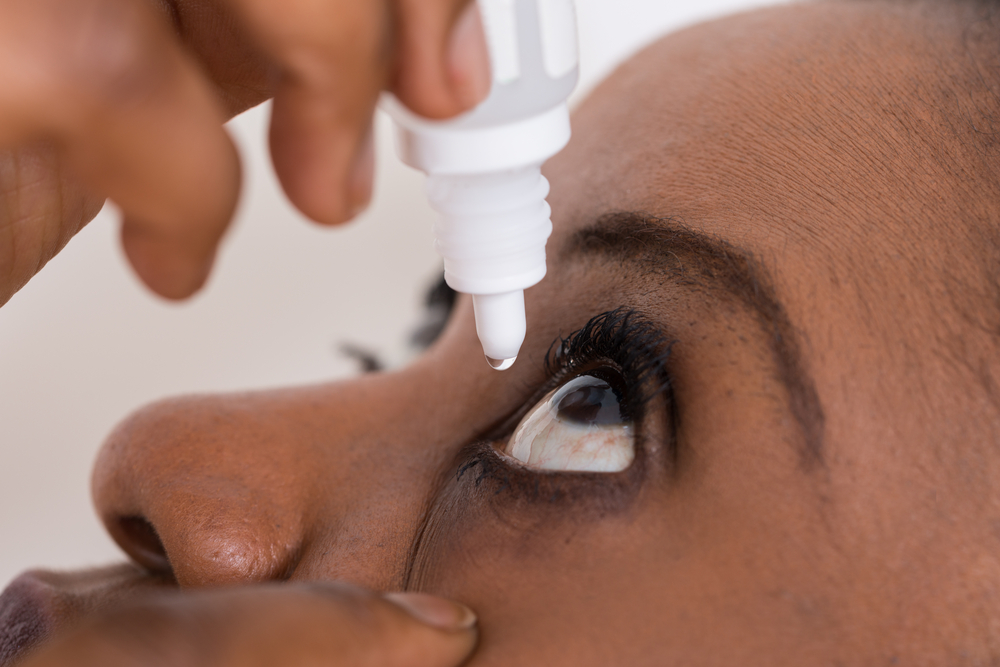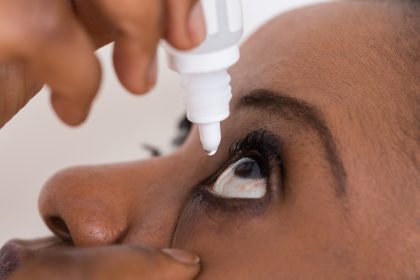Watery eyes can be more than just an emotional response. When your eyes frequently tear up throughout the day, it often signals underlying issues that require attention. From common environmental factors to potential health concerns, understanding the root causes of excessive tearing can lead to effective solutions.
Why your eyes won’t stop watering
Your eyes produce tears as a natural protective mechanism, but when this system goes into overdrive, it can interfere with daily life. Research shows that several factors can trigger this response, ranging from simple irritants to more complex medical conditions.
Allergies often top the list of causes for watery eyes. When allergens like pollen, dust, or pet dander come into contact with your eyes, they trigger a defensive response, causing your eyes to produce excess tears to flush out these irritants. Environmental health experts recommend:
- Using antihistamine eye drops specially formulated for allergy relief
- Installing air purifiers in frequently used spaces
- Maintaining regular cleaning schedules to reduce allergen exposure
- Tracking local pollen counts to plan outdoor activities
The paradox of dry eyes
In a seemingly contradictory situation, dry eye syndrome frequently leads to excessive tearing. When eyes lack proper lubrication, they compensate by producing more tears, creating a cycle of discomfort. This condition has become increasingly common in our digital age, where extended screen time can reduce natural blinking patterns.
Modern lifestyle factors contribute significantly to this condition. Ophthalmologists note that people working with digital devices blink about one-third less frequently than normal, leading to increased eye strain and dryness. To combat this:
- Take regular breaks from screen time
- Maintain proper positioning of digital devices
- Use artificial tears when needed
- Consider adding omega-3 supplements to your diet, after consulting with a health care provider
Environmental impacts and protection
External factors play a crucial role in eye health. Urban environments, with their increased levels of air pollution and artificial lighting, can significantly impact tear production. Climate conditions, including wind and low humidity, further challenge our eyes’ natural balance.
Scientists at environmental health organizations have documented the rising impact of air quality on eye health, particularly in urban areas. To protect your eyes:
- Wear appropriate eye protection outdoors
- Use wraparound sunglasses in windy conditions
- Consider using a humidifier in dry indoor environments
- Avoid exposure to secondhand smoke
Medical considerations
Persistent watery eyes may indicate underlying medical conditions that require professional attention. Eye infections, blocked tear ducts, and systemic health issues can all manifest through excessive tearing. Medical professionals emphasize the importance of recognizing when symptoms warrant evaluation.
When to consult a specialist
Certain symptoms should prompt immediate medical attention:
- Vision changes or persistent blurriness
- Eye pain or significant discomfort
- Consistent redness or swelling
- Discharge accompanied by tearing
- Symptoms that persist beyond a few days
Maintaining eye health
Prevention remains the most effective approach to eye health. Research in ophthalmology continues to emphasize the importance of lifestyle factors in maintaining healthy eyes. A comprehensive approach includes:
Daily care routine
- Regular hand washing
- Avoiding unnecessary eye contact
- Proper hygiene practices for contact lens wearers
Dietary considerations
- Consuming foods rich in vitamins A and C
- Including omega-3 fatty acids in diet
- Eating green leafy vegetables, fish, and citrus fruits
Environmental awareness
- Using appropriate eye protection
- Maintaining healthy indoor air quality
- Adjusting lighting conditions for comfort
Looking ahead
Eye health professionals continue to develop new treatments and understanding of excessive tearing. While some causes remain complex, many solutions exist for managing and preventing watery eyes. Regular eye examinations and prompt attention to changes in eye health ensure the best outcomes.
This story was created using AI technology.











